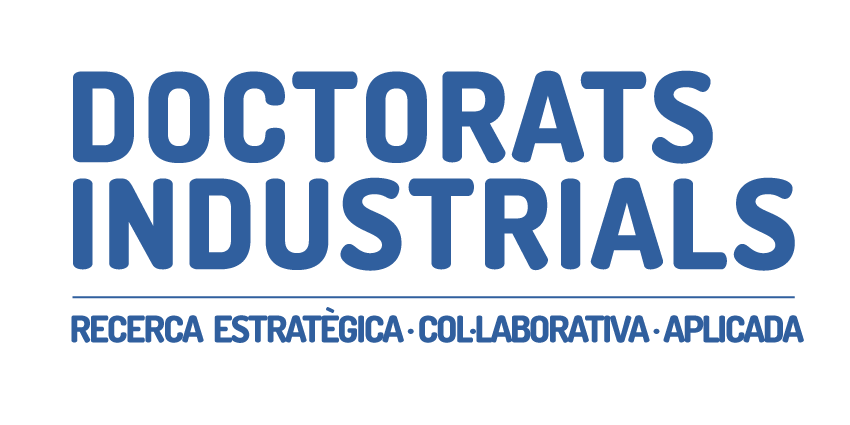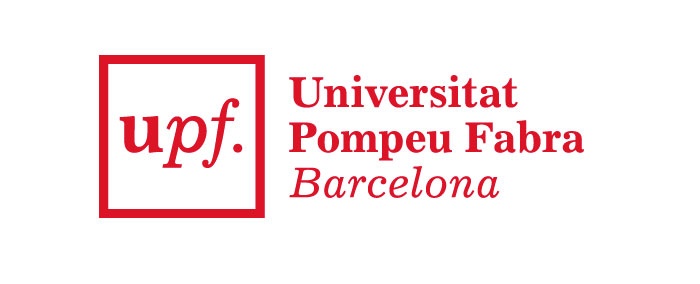Descripció del projecte
In Spain, more than 100 thousand patients receive mechanical ventilation every year due to several illness linked to respiratory failure. Although the Mechanical Ventilation (MV) is a life support treatment, some studies have shown the ventilator may cause various lung damages, extending the necessity of the machine and consequently increasing the risk of mortality. The configuration of the ventilatory parameters (e.g. the ventilatory modes, respiratory rate, tidal volume) and the interaction between the patient and the machine, known as patient-ventilator synchrony, may define the final prognosis which make vital the continuous monitoring of the patient under MV. Thanks to technological progress in the area of health-care system, the patients nowadays are monitored 24 hours daily since their admission in the Intensive Care Unit until discharge, generating a huge volume of heterogenous data from many medical devices. However, these devices do not currently give the needed information to detect, for example, a bad adjustment of the ventilator, what would help the decision making by the health care team to prevent the worse consequences for receiving the breathing support.
Better Care, through the developed system named BC Link, came up to deal with the lack of integrability and digitalization of the health-care devices. The BC platform, firstly designed to be a complete system to connect all the medical devices with the hospital information system, works also to constantly record, analyse and store the patient’s data. Owing to its high resolution and capability of registering an immense amount of complex data, there is the necessity of implanting advanced techniques to explore and make the data more useful. To be more exact, in a mechanically ventilated patient connected to two medical devices (e.g. multiparameter monitor and the ventilator), about ten different waveforms are recorded (electrocardiographic, plethysmograph, capnograph, respiratory, blood pressure, airway pressure, flow gas, volume, among others) at 200 or more points per second, which produces more than 172.8 million data points daily. On average, these are 1.04 billion points considering the whole mechanical ventilation period. Thus, the main objective of this project is to provide to the healthcare personnel artificial intelligence solutions to make predictions which will help to support and act preventively in the treatment of these patients.
To reach the objective, the following project phases are established:
– The first step consists on the gathering data phase by recovering the already available databases and getting more data (if needed) through the BC Link system in agreement with some of the hospitals partners of Better Care.
– The next phase is about the preparation of the data. Once there are many different sorts of data recorded by the BC Link, it is essential to apply proper data cleansing techniques in order to get consistent and organized databases. As known, this is a great away to start the understanding of the hidden information content in a data. Moreover, this is also a good time to apply some data visualisation methods aiming to detect relationships between different variables what is essential to design the next step.
– At this moment, the statistical models and techniques which will be used to build the machine learning algorithms, focusing on making predictions after the main features are chosen. Moreover, the data will be carefully split in training and testing subsets in order to evaluate the performance and generalization of the chosen models.
– The last step will be focused on using the data and the created algorythms to answer clinical questions about the intensive care prognosis such as weaning success, self-extubating, length of the necessity of Mechanical Ventilation, length at the Intensive Care Unit, mortality, so forth.
These four phases are required for each particular clinical question that this thesis will try to answer.


